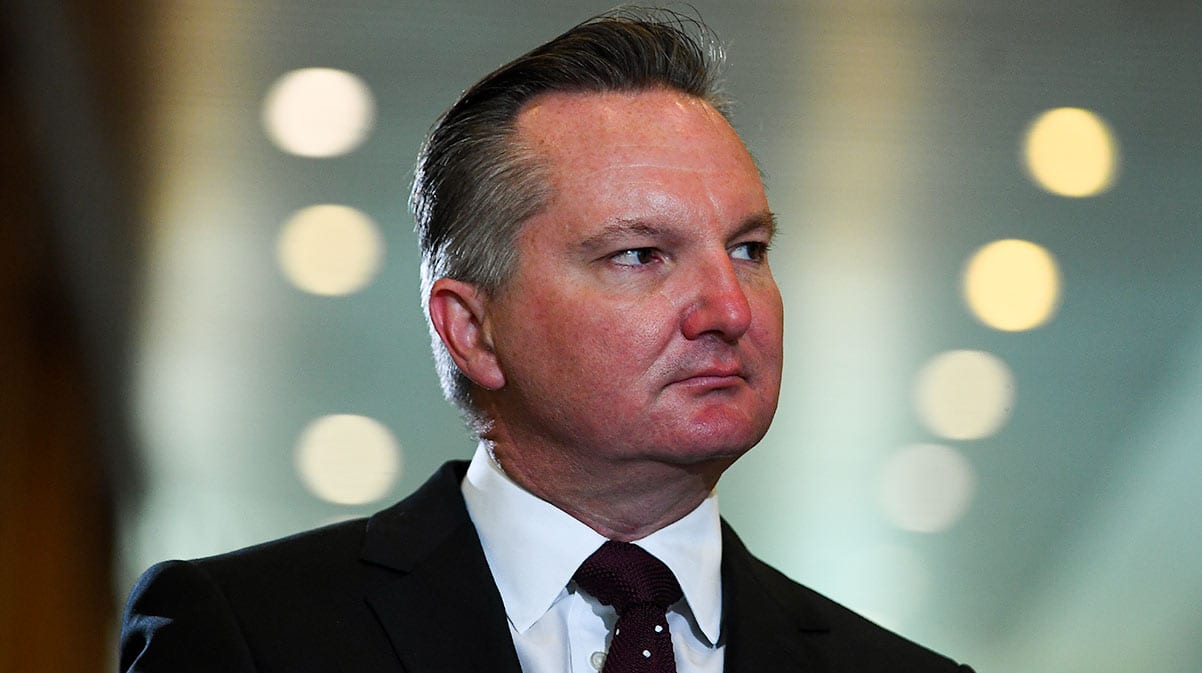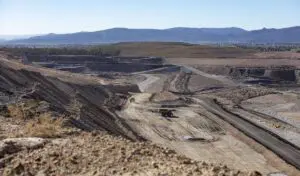The federal Labor opposition will seek to block many of the Morrison government’s proposed changes to the Clean Energy Finance Corporation that would see the green bank opened up to investments in fossil fuel projects, and would grant federal energy minister Angus Taylor new powers to direct its investments.
Taylor, also the emissions reduction minister, introduced the legislative amendments in August to establish the $1 billion Grid Reliability Fund, which the Morrison government intends to use to finance planned investments in new gas and energy storage projects shortlisted through the stalled Underwriting New Generation Investments (UNGI) program
Debate on the legislation finally commenced in the House of Representatives on Monday.
Newly appointed shadow minister for climate change and energy, Chris Bowen, used the debate to indicate that while Labor would support the creation of the Grid Reliability Fund, it would try and block the attempt to open up the green bank into making investments in gas projects, including projects operating at a loss.
The Morrison government is seeking to redefine ‘low emissions technology’ for the purpose of CEFC’s wider investment criteria to include gas projects – a move that will be opposed by Labor and most members of the crossbench.
Bowen said that if the government did not agree to remove the contentious parts of the legislation, Labor would vote against the bill.
“Gas does not meet the test of being a low-emissions technology, simply because it isn’t,” Bowen said. “It has a role to play and it’s important, but it is not a low-emissions technology, and the government is engaging in sophistry by suggesting that it is.”
“We on this side of the House believe that the CEFC should remain a renewables and decarbonisation funding agency—not one that can be directed by the minister of the day to fund fossil fuels, as important as gas is.”
Liberal MP for Wentworth, Dave Sharma, said that investments in new gas projects would be necessary to support the addition of new renewable energy projects into the energy system.
“All of this renewable energy in the grid brings new challenges. While there’s no shortage of investment in clean energy, the government has identified a lack of investment in the dispatchable generation needed to support the increase of intermittent generation,” Sharma said.
“We need more flexible backup generation and storage, pumped hydro, batteries and, yes, gas to balance and integrate high shares of renewable energy. By focusing on getting the cost of new technologies down, we won’t raise the cost of incumbent technologies, like coal and gas, that continue to play an important role in the energy mix.”
Labor, the Greens and several independent members, including Zali Steggall, Helen Haines and Andrew Wilkie, have indicated that they will seek to further amend the government’s bill to block the changes to the CEFC’s investment mandate, arguing the green bank would be compromised by any effort to open it up to the fossil fuel industry.
Concerns have been raised around new powers that would be granted to the federal energy minister to direct the CEFC to make particular investments. The CEFC has generally made decisions about particular investments independently from government input.
Bowen said the proposed new powers were generally concerning, but were particularly so given it was Angus Taylor who currently holds the energy portfolio.
“It’s a fundamental concern of the opposition that this ministerial discretion and power will be provided to the minister of the day,” Bowen said. “I would have this concern about any minister. I would have this concern regardless of who the minister for climate change and energy was. I would oppose it on principle.”
“But I must say I’m particularly concerned that it’s this minister, with his track record of problems in his portfolio and of not accepting the fundamentals of climate change science.”
Australian Greens leader Adam Bandt said the move to open up the Clean Energy Finance Corporation was another form of “rort” from the Morrison government.
“We are going to move to amend this, to stop this being turned into the minister’s slush fund for gas. We will move to amend this. This government has never seen a fund that it didn’t rort,” Bandt said.
“This government wants to turn a profit-making Clean Energy Finance Corporation into a venture that invests in losing money on gas. The government knows that public subsidies for gas are the only way gas is going to be profitable, so it is turning a profit-making corporation into something that is going to start losing money on its gas investments,” Bandt added.
While the opposition within the lower house is unlikely to pose a threat to the passage of the government’s bill, it will set up a fight once the legislation reaches the senate, where the Morrison government does not hold a majority.
The ultimate fate of the changes will rest with the senate crossbench.
The legislative amendments had been referred to a committee for review, which was told by the former head of the CEFC, Oliver Yates, that the proposed changed put the performance and the independence of the CEFC at risk.
A group of former senior officials, that included Yates, former ARENA CEO Ivor Frischknecht and former chair of the CEFC Jillian Broadbent, also issued a joint statement opposing the amendments, describing the proposed changes as “flawed”.
“We do not support changes to the CEFC’s legislation that undermine its independence, low emissions remit, commitment to profitability, or its avoidance of fossil fuels as part of a clear commitment to assist in the reduction of Australia’s climate emissions,” the group said.










